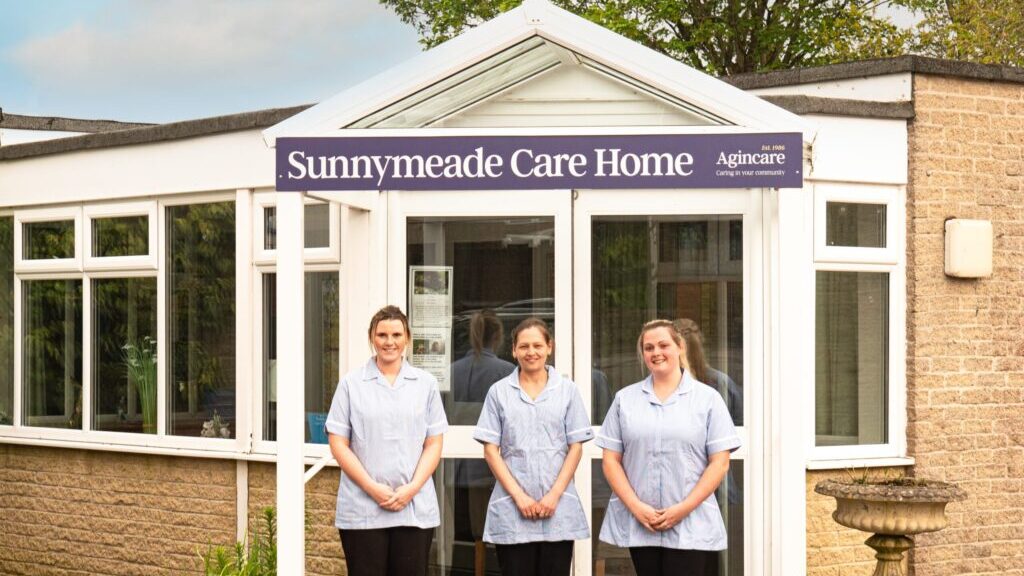Care home staff and residents need ‘family’ bonds to thrive
Care home residents receive better care when they enjoy ‘family’ bonds with staff, according to new research.
The report is the latest publication by NICHE-Leeds, a research partnership between the Leeds University’s School of Healthcare and care home providers which develops research projects from ideas generated by care home staff, families and residents.
Professor Spilsbury, NICHE-Leeds’ academic director, said: “Staffing in care homes matters and needs to be valued. It needs to be stable, skilled and competent, to realise the benefits of person-focused organisation of care, and enhanced teamworking.
“Our study shows that leadership, reward and recognition of staff, and a shared philosophy of care are key to improving quality as experienced by residents.”
The report’s key findings included:
- Care homes with a manager in-post in the 12 months prior to a CQC inspection were more likely to be rated as Good or Outstanding.
- Higher staff-to-bed ratios were associated with a greater chance of a Good or Outstanding CQC inspection score.
- Having experienced care staff, that is, staff in post for five years, was likely to improve quality, as measured by CQC ratings, and staffing consistency was important for organising care and work.
- Larger homes were less likely to be rated positively: but team size (not home size) may be a useful lever for promoting quality, i.e. small groups of linked residents and staff (5–15 residents per staff member based on level of resident dependency) promoted familiarity, communication and a family-like environment for cultivating relationships.
- Use of agency nurses to cover for staff sickness or unfilled vacancies was not associated with more falls, infections, or pressure ulcers, but was associated with more medication errors.
- The research also showed that where more care was provided by registered nurses, there were fewer incidents such as falls with fractures, urinary tract infections and medication errors.
The study suggested staffing considerations that might improve quality include: not swapping managers too much; having sufficient and consistent staff for family-like relationships in homes and putting residents’ needs first; supporting staff and giving them freedom to act; and key staff leading by example.



